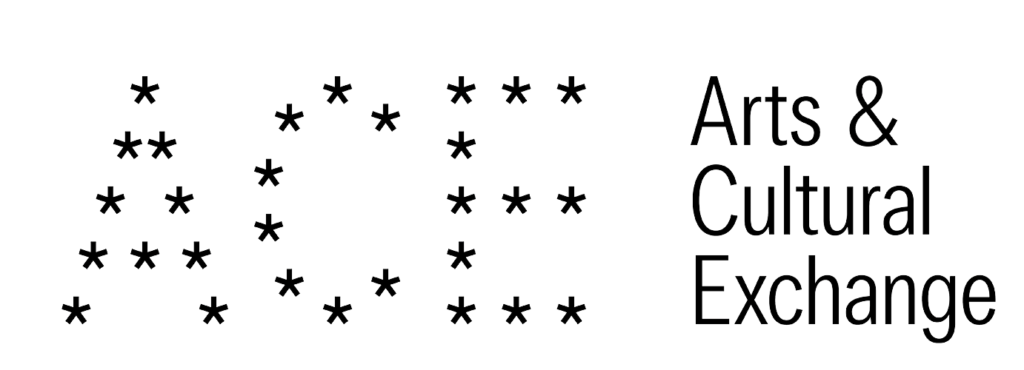
My public history project is a half-hour interview with a long-time collaborator with Arts and Cultural Exchange (ACE) about her experiences with the organisation. Hawanatu Bangaru, a filmmaker and social worker originally from Sierra Leone, has been involved with ACE since 2009 and has collaborated on many projects over that time, while benefiting from numerous opportunities including placements and training.
The ultimate form this interview will be presented in on ACE’s website has yet to be fully agreed upon, but will likely take the form of a profile of Hawanatu and a couple of short testimonies I have pulled from the longer interview, potentially in both audio and transcript form.
The argument implicit in my project is that the work ACE does in collaboration with marginalised or disadvantaged communities matters. It matters in the way the programs ACE runs provide opportunities to people who would have seriously struggled to find them otherwise: opportunities to learn and practice new skill sets; for career growth, guidance and networking; for developing creative outlets; for cultural rejuvenation and celebration. It certainly had that impact for my interviewee, Hawanatu Bangaru.
The main themes that emerged through the interview were of opportunities that would have otherwise been hard (or impossible) to come by; of long-term committed support and encouragement from ACE for the community of creative’s it has grown; of a dedication to inclusivity and overcoming structural barriers for disadvantaged and underrepresented communities. All of these themes link back to the central argument of the project, as they are proof of why ACE matters to the communities it services. The support ACE offers these communities is enduring, passionate and has a concrete, positive, measurable impact on their lives.
My hope is that the beneficiaries of this project will include ACE itself, the communities it serves (and hopes to serve), and potentially anybody who cares about the social history of Western Sydney. ACE will benefit by having a detailed testimony they can use in advertising, on their website and potentially when seeking grants. The communities it serves will benefit largely as a direct result of this activity – more grants equals more opportunities for the marginalised and disadvantaged communities of Western Sydney, while having the testimony on ACE’s website may convince individuals to reach out and get in contact with ACE. Despite the organisations significance and long history, it does sometimes fly under the radar in the local community (I myself only became aware of ACE as an adult, even though I live in the area and have a long interest in the arts), so any possibility another person can be convinced to get involved because of that testimony would be a significant service. My hope is that by providing ACE with the full interview – transcription, audio and video – for their archives, it can maybe be of use one day to anybody else seeking to explore the history of Western Sydney. In that context, this project may just be a small piece of a much larger puzzle, but that still seems a valuable contribution.
